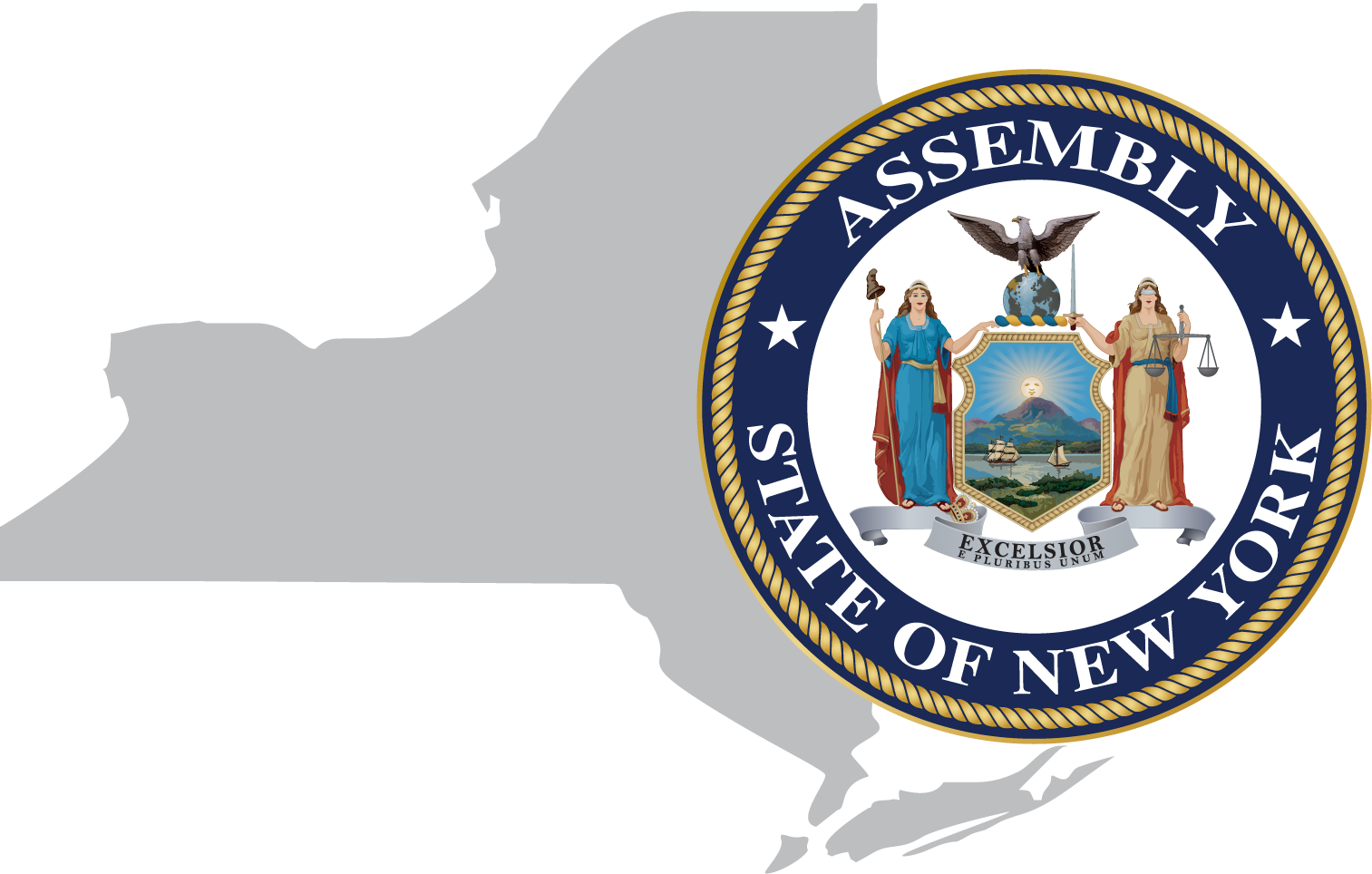A06731 Summary:
| BILL NO | A06731 |
| SAME AS | No Same As |
| SPONSOR | Simone |
| COSPNSR | |
| MLTSPNSR | |
| Amd §2012, Ed L | |
| Lowers the minimum age to vote at school district meetings and for the election of school district officers from 18 to 16. | |
A06731 Memo:
Go to topNEW YORK STATE ASSEMBLY
MEMORANDUM IN SUPPORT OF LEGISLATION
submitted in accordance with Assembly Rule III, Sec 1(f)
TITLE OF BILL: An act to amend the education law, in relation to the minimum age to vote at school district meetings or for election of school district officers PURPOSE: To lower the voting age to 16 from 18 solely for purposes of voting in a school board election. SUMMARY OF PROVISIONS: Section 1: Amends subdivision 2 and the closing paragraph of section 2012 of the education law, to lower the voting age from 18 to L6 for purposes of school board elections. Section 2: Provides the effective date. JUSTIFICATION: Lowering the voting age to 16 from 18 for school board elections will give students the opportunity to participate in the election process for the first time at a place that they are comfortable - their school. This bill will allow students the opportunity to experience using voting machines, and how to mark and submit a ballot. Giving students a chance to become comfortable with exercising their voting rights will encourage them to continue their participation in other elections when they turn 18. Also, allowing young people to be part of their school district through voting, will foster a stronger sense of belonging and connection to their community. 2024 - referred to education FISCAL IMPLICATIONS: None to the state. BOE already allows 16-year-olds to pre-register to vote, so the list of eligible voters already exists. EFFECTIVE DATE: This act shall take effect on the first of January next succeeding the date on which it shall have become law.
